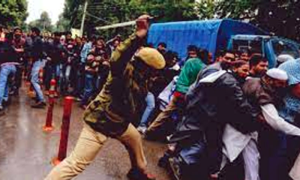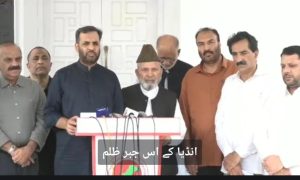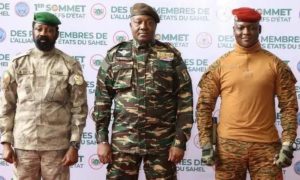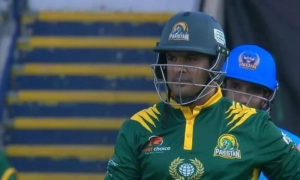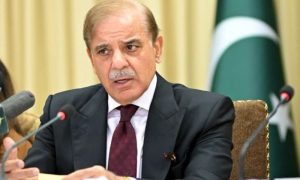TEHRAN, Iran: Masoud Pezeshkian, a prominent Iranian reformist politician and candidate in Iran’s upcoming presidential runoff, embodies the complex landscape of Iranian politics.
Having emerged from a background marked by both personal tragedy and professional resilience, Pezeshkian seeks to navigate a political environment dominated by hard-line forces while advocating for reform and moderation.
Born in 1954 in Mahabad, Iran, to an Azeri father and Kurdish mother, Pezeshkian’s upbringing reflects the diverse ethnic tapestry of Iran’s population. His career trajectory, initially as a heart surgeon and later in politics, underscores his commitment to public service and engagement. Tragically, the death of his wife and daughter in a car accident in 1994 shaped his personal life profoundly, leaving him to raise his remaining children alone.
Pezeshkian’s entry into politics began as the country’s deputy health minister and later as health minister under President Mohammad Khatami’s reformist administration. His tenure was marked by a commitment to healthcare reform and advocacy for minority ethnic groups within Iran. Throughout his political career, he has maintained an independent stance, often positioning himself between the polarized factions of Iranian politics—neither fully aligned with reformists nor hard-liners.
In the current presidential race, Pezeshkian faces off against Saeed Jalili, a hard-line former nuclear negotiator. Despite advocating for reforms that include better relations with the West and a return to the 2015 nuclear deal, Pezeshkian must contend with widespread public disillusionment. The June 2022 election saw historically low voter turnout, reflecting deep-seated discontent over economic hardships, social restrictions, and the perceived ineffectiveness of elections in effecting meaningful change.
Critics argue that even Pezeshkian’s inclusion as a reformist candidate failed to inspire confidence among voters disillusioned by years of economic stagnation and political crackdowns. His platform emphasizes easing internet censorship, improving economic conditions, and revisiting mandatory hijab laws—issues that resonate with a populace weary of authoritarian controls and economic hardships exacerbated by international sanctions.
Pezeshkian’s campaign slogan, “For Iran,” underscores his vision of a more inclusive and engaged Iran on the world stage. His advocacy for improved relations with Western nations and a desire to re-enter the international community through the nuclear deal contrasts sharply with the isolationist policies of his hard-line opponents.
However, his candidacy faces significant challenges. The legacy of Ebrahim Raisi, Iran’s previous president and a hard-line protégé of Supreme Leader Ayatollah Ali Khamenei, looms large. Raisi’s administration was marked by increased domestic repression and heightened tensions with the West, exacerbated by the U.S. withdrawal from nuclear deal in 2018.
As Pezeshkian campaigns to galvanize support ahead of the presidential runoff, he acknowledges the uphill battle of winning over a disillusioned electorate. Despite his efforts to differentiate himself from hard-line policies and appeal to moderate and reformist factions, voter apathy and skepticism toward the electoral process remain formidable obstacles.
Masoud Pezeshkian’s candidacy represents a pivotal moment in Iran’s political landscape—a test of whether moderate voices can resonate amid deep-seated public discontent and entrenched hard-line control. As Iran prepares for Friday’s presidential runoff, the outcome will not only determine the country’s future leadership but also signal its trajectory on the global stage amidst ongoing regional tensions and international scrutiny.













